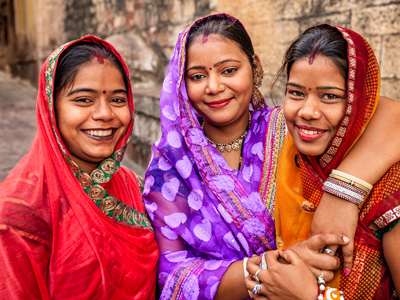
Grammar 20 - Relatives
Sentences form the basic building blocks of the English language and there are many ways in which clauses or sentences can be linked to one another. One group of words English grammar uses to do this is the relatives. In this High English quiz we shall turn our attention to relatives, which are also called relative pronouns.
Relative clauses are introduced by relative pronouns. The reason why they are called relative pronouns is because they relate to the word that their relative clause modifies. Look at this sentence:
‘The lady WHO visited my home last night is my lecturer.’
Here the word in capitals relates to the lady ‘who visited my home last night’ and it is a relative or a relative pronoun. We also notice that ‘who visited my home last night’ is a relative clause.
Relatives are relatively few in number and comprise the words 'who,' 'whom,' 'whose,' 'which,' 'where,' 'when' and 'that.' There are certain rules of grammar to be followed when using relatives. ‘Who’ and ‘whom’ are used in sentences containing reference to persons, as in these sentences:
‘A dermatologist is a doctor WHO treats skin diseases.’
‘Mr Tarapore, WHOM I like very much, is my cricket coach.’
‘Which’ is used in sentences containing reference to things, as in the sentence:
‘What is the name of the animal WHICH is found in Bandipur Wildlife Sanctuary?’
‘Whose’ is used when possession is to be expressed, as in the sentence:
'Ramakanth Achrekar, WHOSE disciple was Sachin Tendulkar, is a cricket coach in Mumbai.’
‘That’ is used in sentences containing reference to things or persons, as in these sentences:
‘The team THAT wins the IPL Cricket Tournament will get Rs 15 crore as prize money.’
‘The lady THAT I phoned yesterday was my sister.’
The relative ‘whose’ can be used for things, persons and animals, whilst the relative pronouns ‘where’ and ‘when’ are used with place and time nouns.
The quiz that follows exposes you to the different ways in which relatives are used in English grammar.
Ready for more?
not all...
quizzers. Try to win a coveted spot on our Hall of Fame Page.







